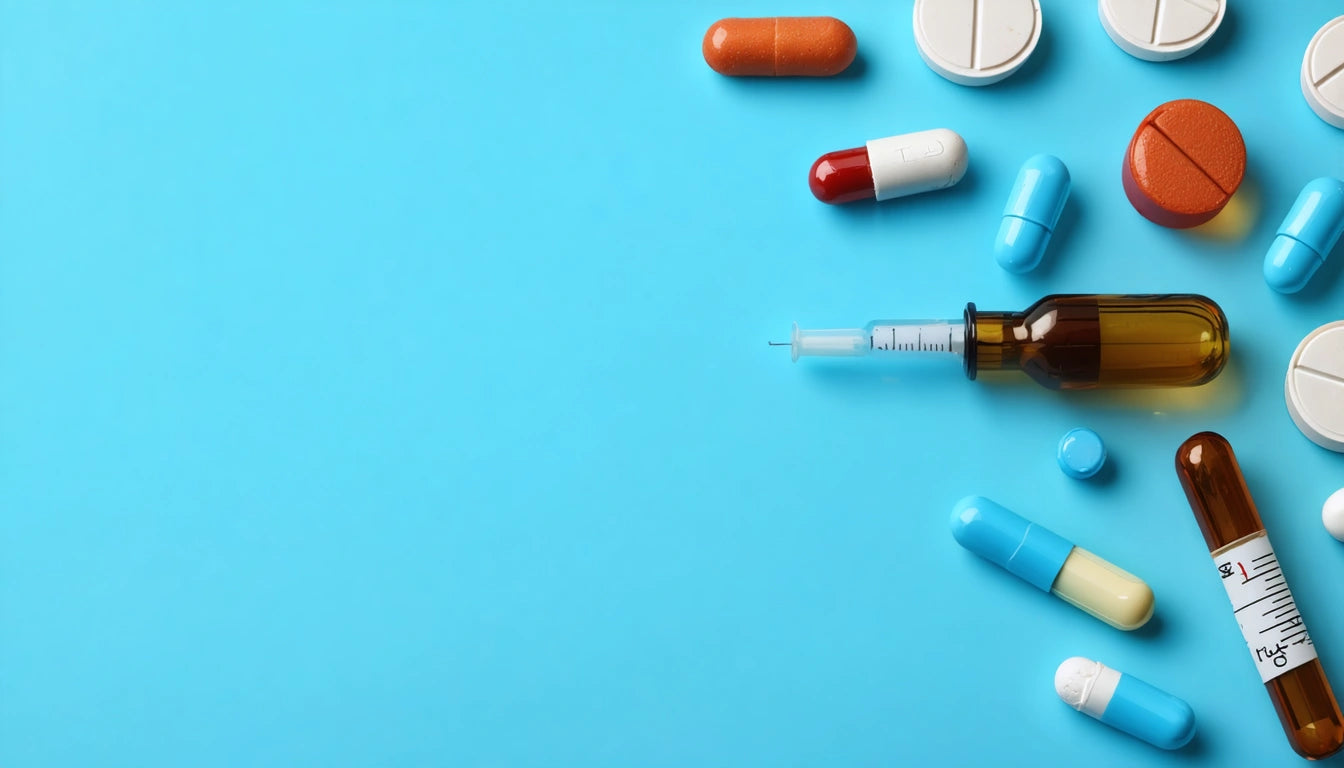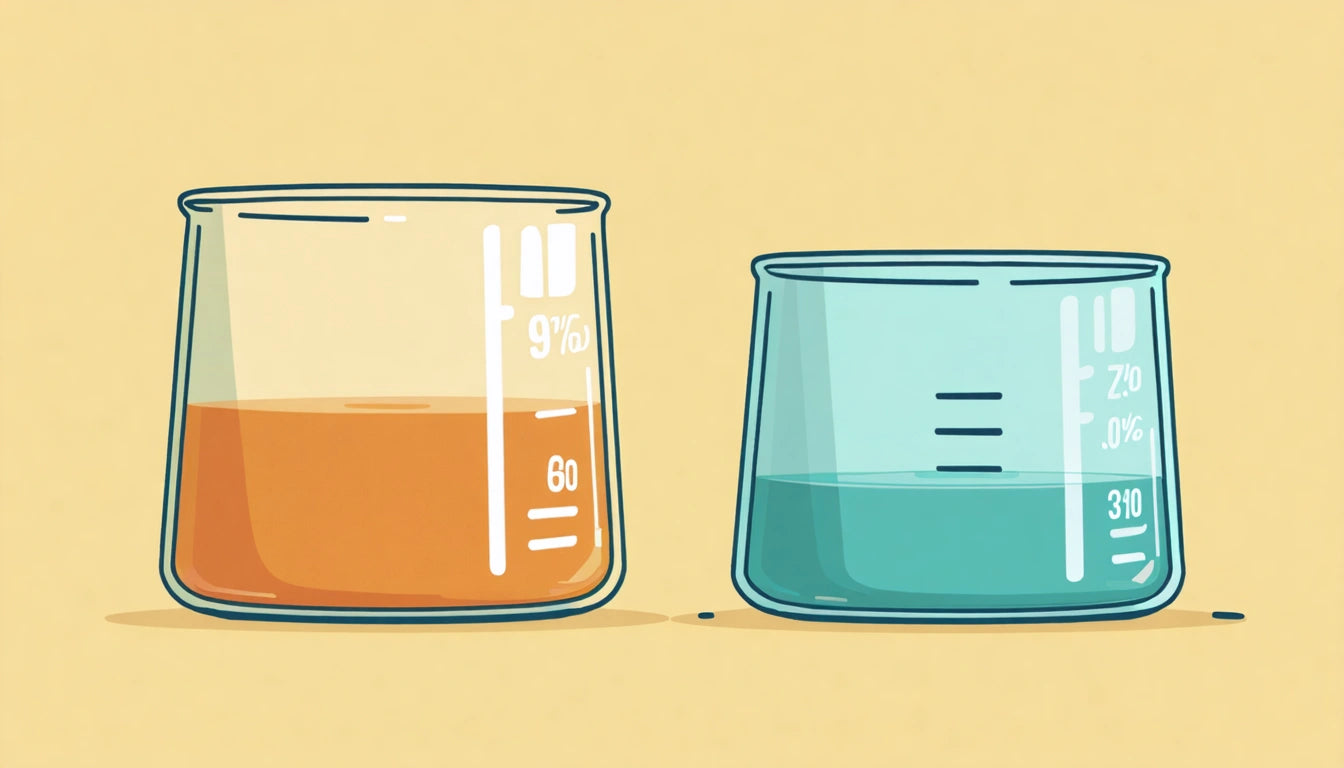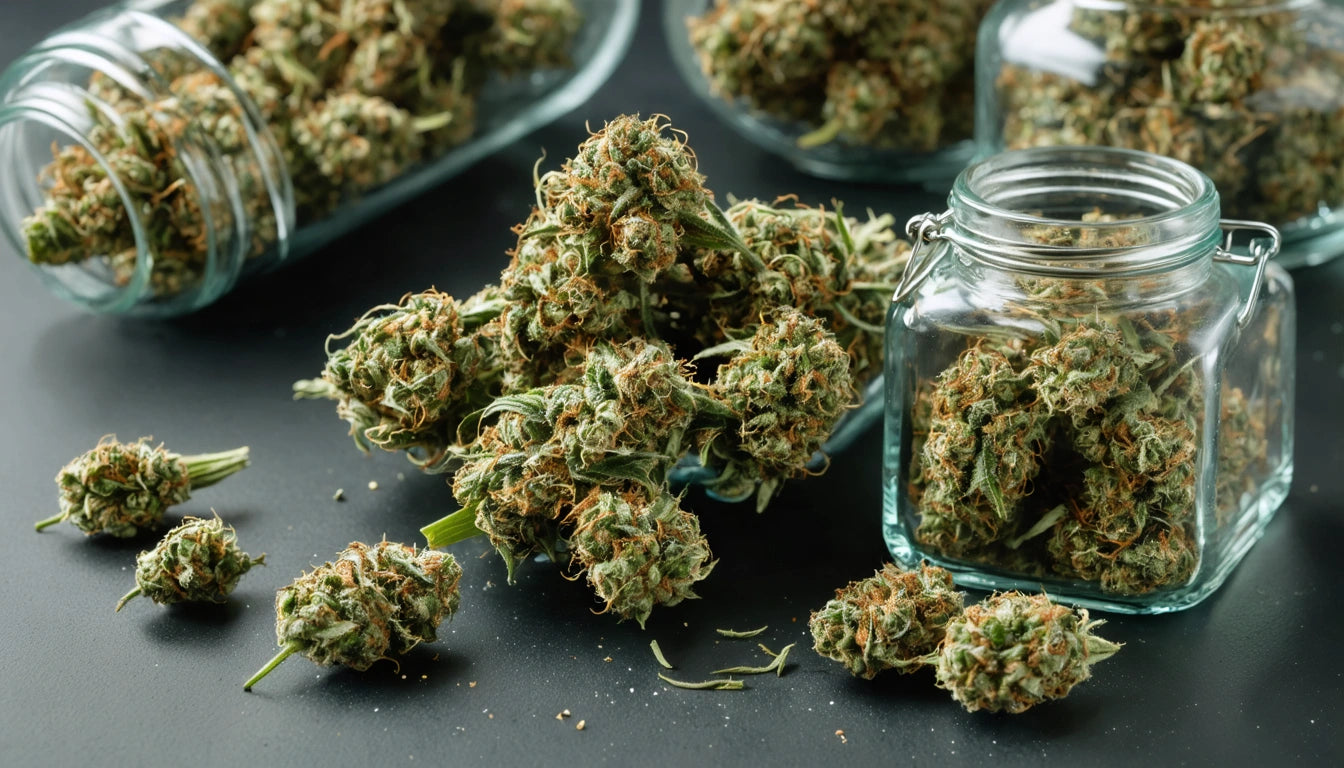Table of Contents
- Understanding Drug Tests: Types and Detection Windows
- Best Practices Before Taking a Drug Test
- What to Avoid Before a Drug Test
- Hydration and Nutrition Guidelines
- Timing Considerations for Drug Testing
- Preparation Strategies for Different Test Types
- Legal and Ethical Considerations for Test Preparation
Essential Tips and Precautions for Preparing for a Drug Test
Drug testing has become a standard procedure in many employment settings, athletic competitions, and legal situations. Understanding the best approaches for test preparation can help ensure accurate results while maintaining your health and complying with testing protocols. This guide covers what to do before a drug test, what to avoid, and how timing affects outcomes.
Understanding Drug Tests: Types and Detection Windows
Before discussing preparation strategies, it's important to understand the various drug testing methods and how long substances remain detectable in your system:
- Urine tests: The most common method, detecting substances from 2-30 days depending on the drug
- Blood tests: Typically detect recent use (24-72 hours)
- Hair tests: Can detect drug use for up to 90 days
- Saliva tests: Usually detect very recent use (24-48 hours)
Each test type requires different preparation considerations. For comprehensive information on test types and procedures, you can review this detailed guide to drug testing procedures.
Best Practices Before Taking a Drug Test
Following these best practices can help ensure your test proceeds smoothly:
Documentation and Disclosure
Always bring identification and be prepared to disclose any prescription medications or supplements you're taking. Many legitimate medications can trigger positive results, so proper documentation is crucial.
Natural Detoxification
If you have advance notice of your test, natural detoxification through proper hydration, exercise, and a healthy diet is the safest approach. Natural methods to prepare for a drug test are generally preferable to quick-fix solutions.
What to Avoid Before a Drug Test
Certain substances and behaviors can interfere with test results or trigger false positives:
Foods and Supplements to Avoid
- Poppy seeds (can trigger positive for opiates)
- Hemp products and CBD oils (may contain trace THC)
- Certain herbal supplements like goldenseal or niacin
Medications That May Affect Results
Some over-the-counter and prescription medications can trigger false positives. These include certain antidepressants, antihistamines, and NSAIDs. Always inform the testing facility about any medications you're taking.
For a comprehensive list of what not to do before a drug test, you can refer to this resource on eating and drinking before testing.
Hydration and Nutrition Guidelines
Proper hydration is important before a urine test, but overhydration can be problematic:
Balanced Hydration
Drink a normal amount of water in the 24 hours before your test. Excessive water consumption can dilute your sample, potentially flagging it as suspicious. Aim for pale yellow urine rather than completely clear.
What Not to Drink Before Drug Screening
Avoid these beverages before your test:
- Alcohol (even small amounts)
- Energy drinks with unfamiliar herbal ingredients
- Excessive amounts of coffee or tea
- Detox teas or drinks without knowing their ingredients
Safety standards for substances extend beyond just testing protocols. In other contexts, such as protective packaging requirements for potentially harmful substances, careful regulation ensures that harmful materials are properly contained and labeled.
Timing Considerations for Drug Testing
The best time to take a drug test depends on several factors:
Morning vs. Afternoon Testing
Morning urine is typically more concentrated, which can be advantageous or disadvantageous depending on your situation. If you're concerned about detection, afternoon testing after drinking moderate amounts of water may be preferable.
When to Use Detox Products
If using commercial detox products, timing is critical. Products like Ready Clean typically require specific timing protocols, usually 2-3 hours before testing. Always follow manufacturer instructions precisely and be aware that results are not guaranteed.
For more information on timing considerations, check out strategies for last-minute test preparation.
Preparation Strategies for Different Test Types
Different test types require different preparation approaches:
Urine Test Preparation
For urine tests, focus on hydration, avoiding contamination, and following collection protocols carefully. What to do before a urine test includes avoiding excessive exercise immediately before testing, as this can release stored metabolites.
Hair and Saliva Test Considerations
Hair tests require different strategies than urine tests. Regular shampooing won't affect results, but specialized detox shampoos may help in some cases. For saliva tests, good oral hygiene and avoiding substances for as long as possible before the test are key.
Learn more about specific strategies for urine testing to better prepare.
Legal and Ethical Considerations for Test Preparation
As you prepare for drug testing, keep these important factors in mind:
Legal Boundaries of Test Preparation
While it's legal to prepare for a drug test by staying hydrated and following healthy practices, attempting to adulterate samples or use someone else's sample is illegal in many jurisdictions and can result in serious consequences.
Future Testing Developments
Drug testing technology continues to evolve, with more sophisticated methods being developed to detect tampering and adulteration. The best long-term strategy is always abstinence from prohibited substances rather than attempting to beat the test.
For those with legitimate medical needs who may test positive, proper documentation and communication with testing authorities is essential. Understanding what should you not do before a urine test is just as important as knowing the proper preparation steps.











Leave a comment
All comments are moderated before being published.
This site is protected by hCaptcha and the hCaptcha Privacy Policy and Terms of Service apply.